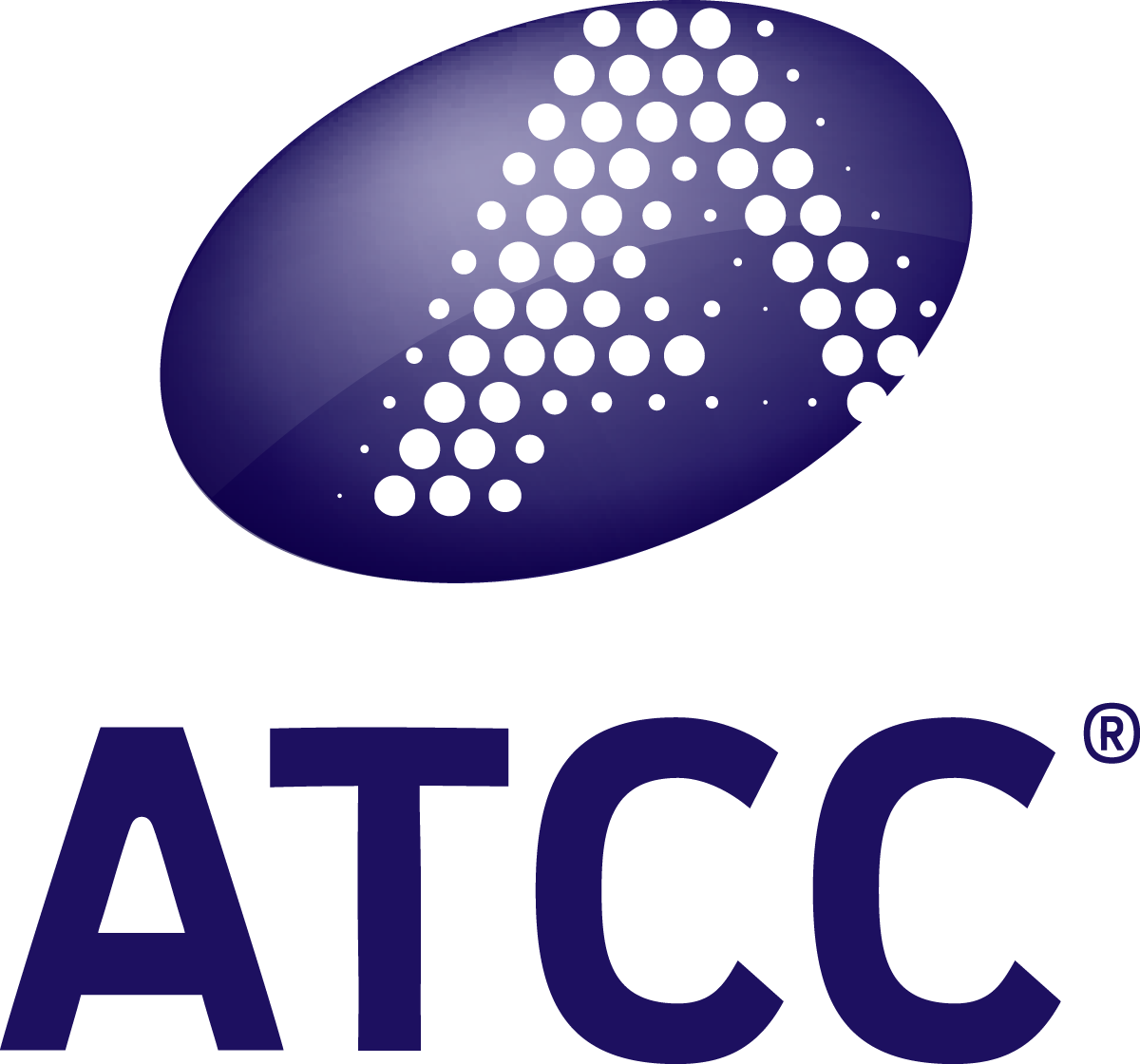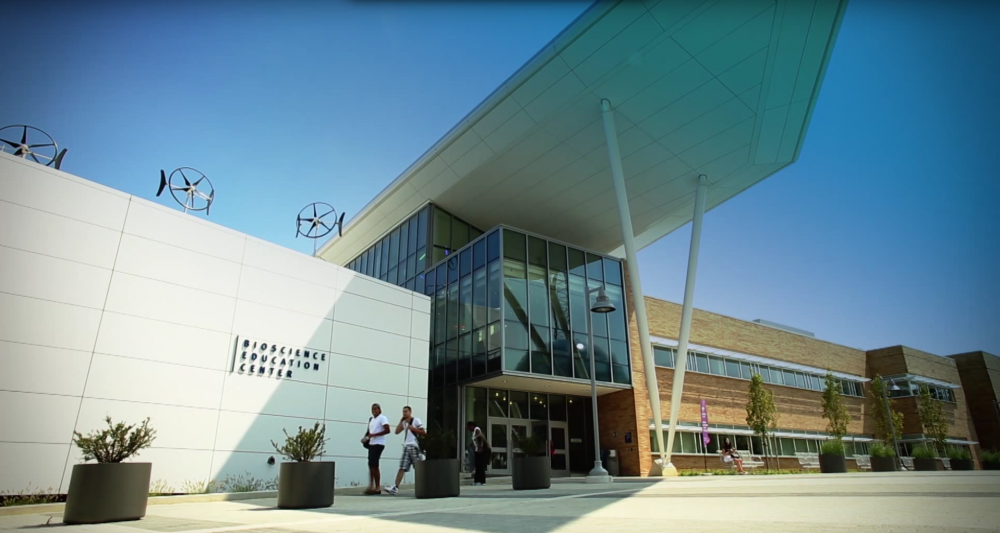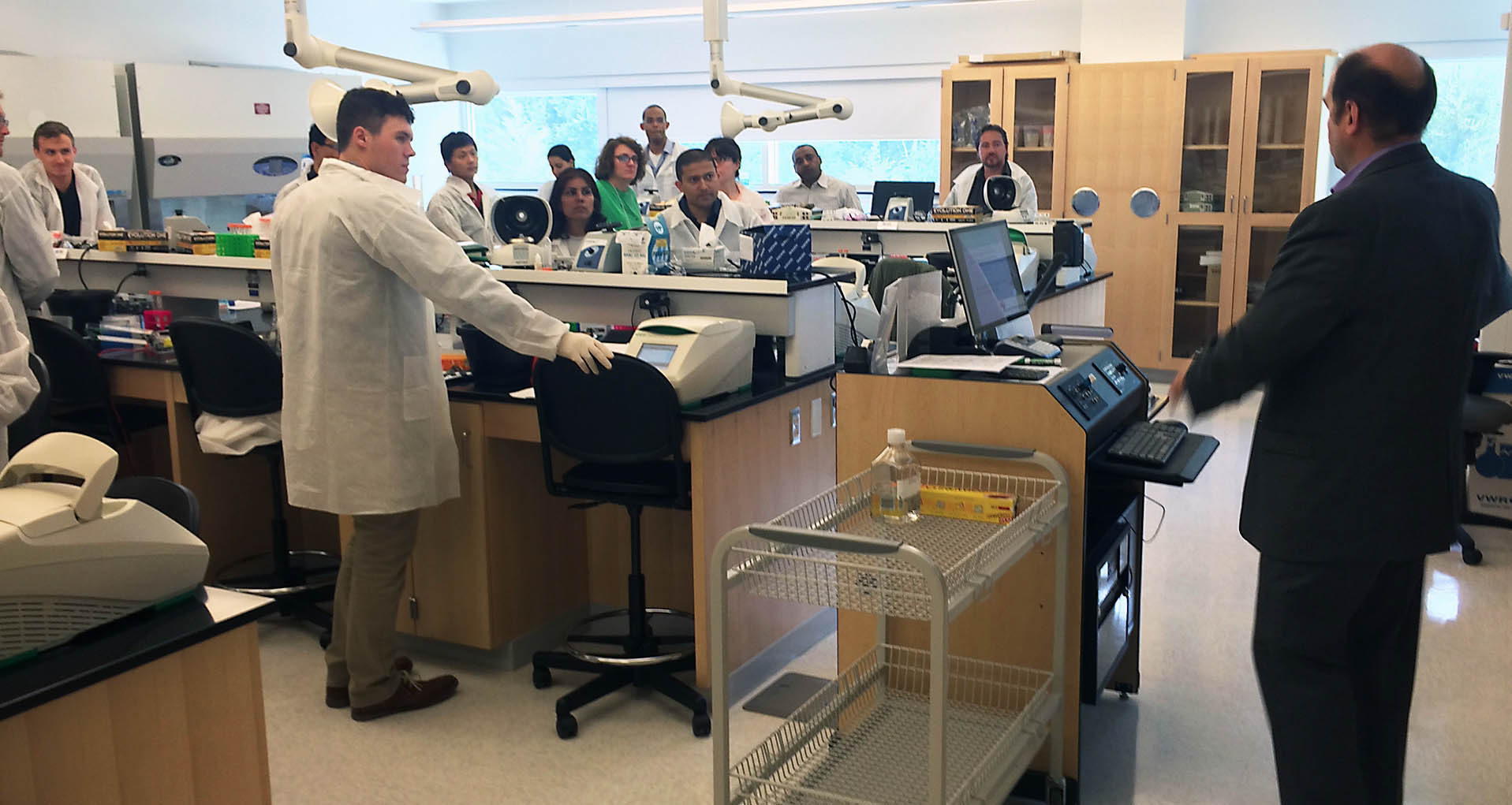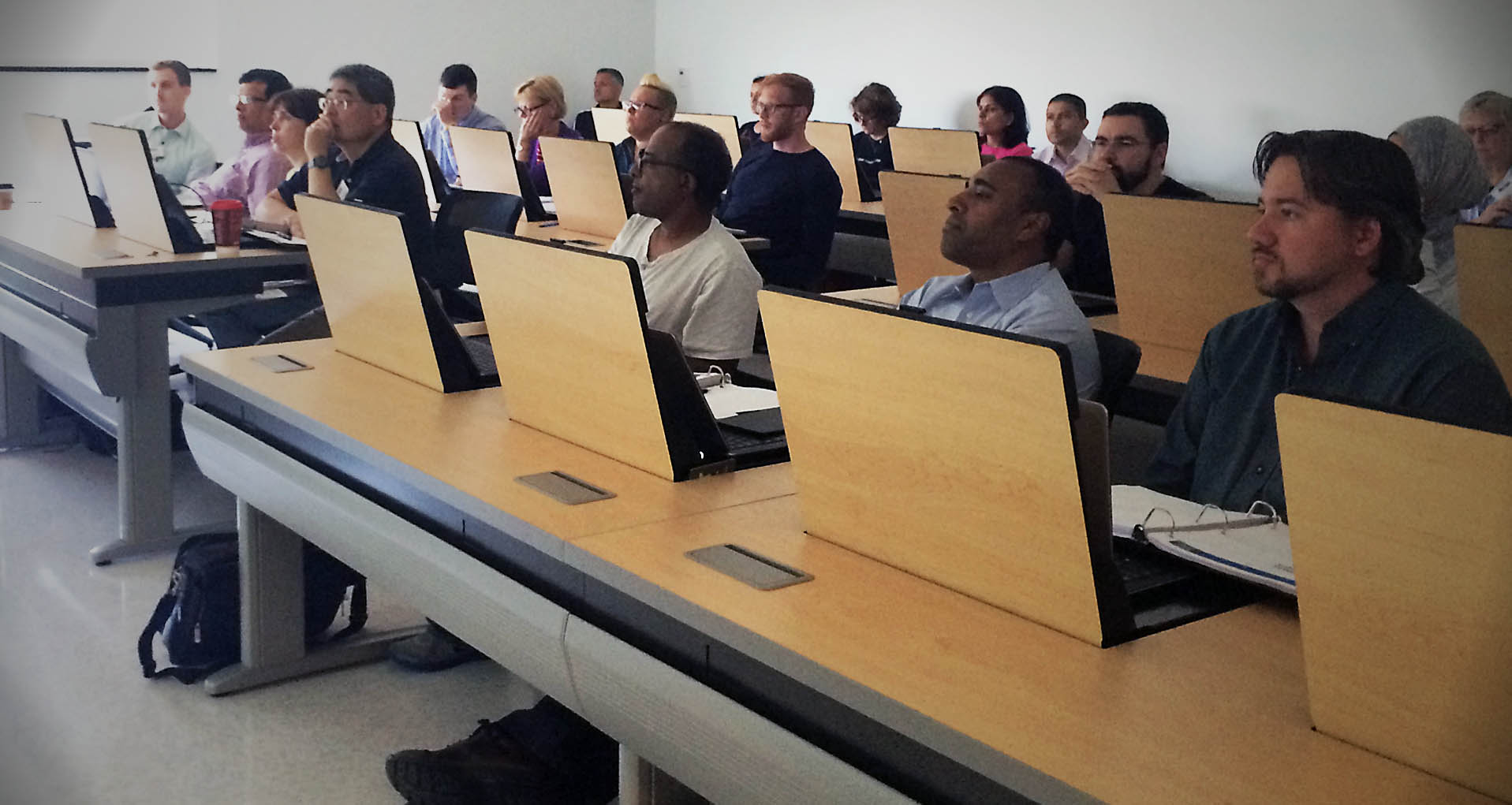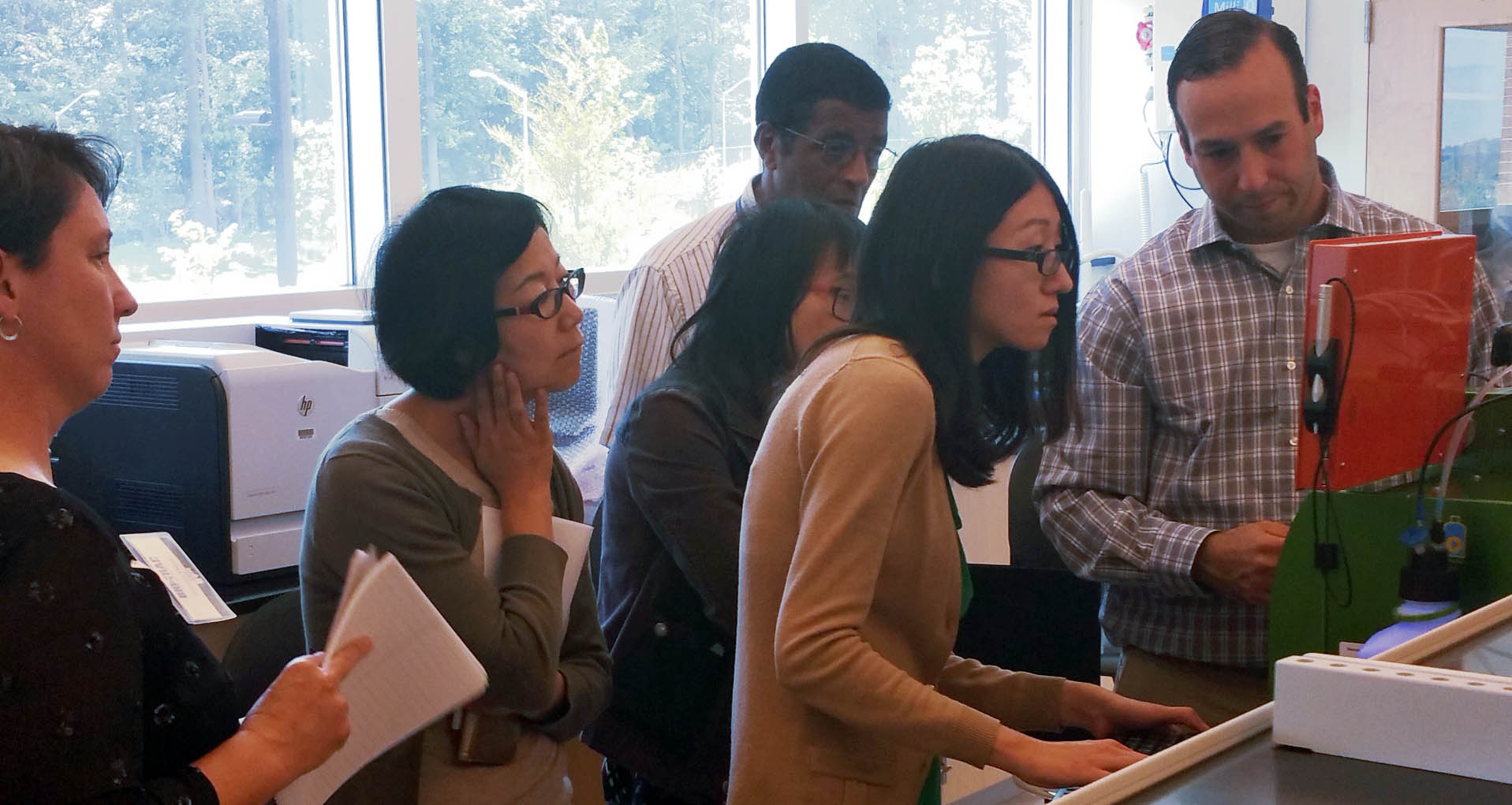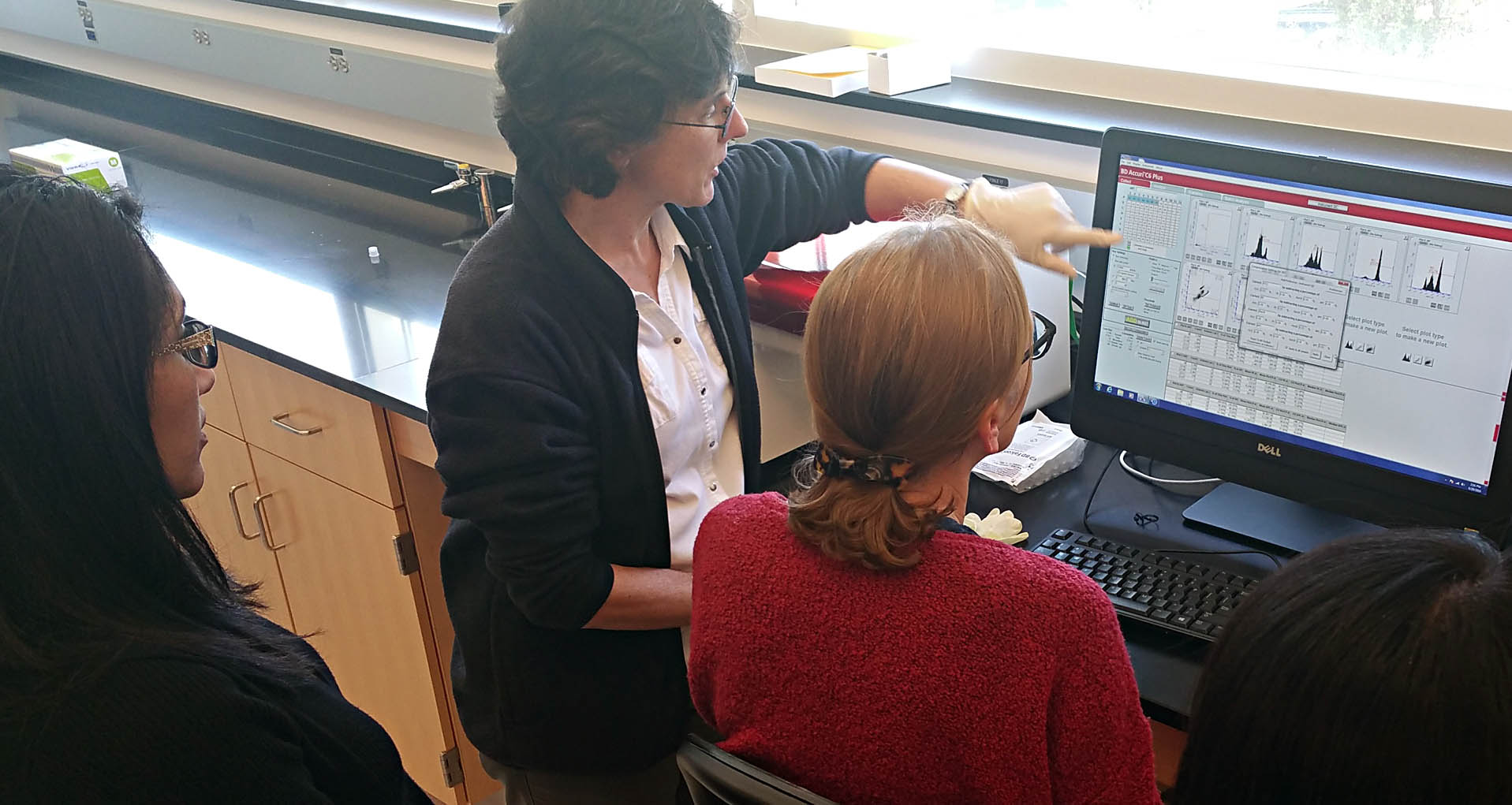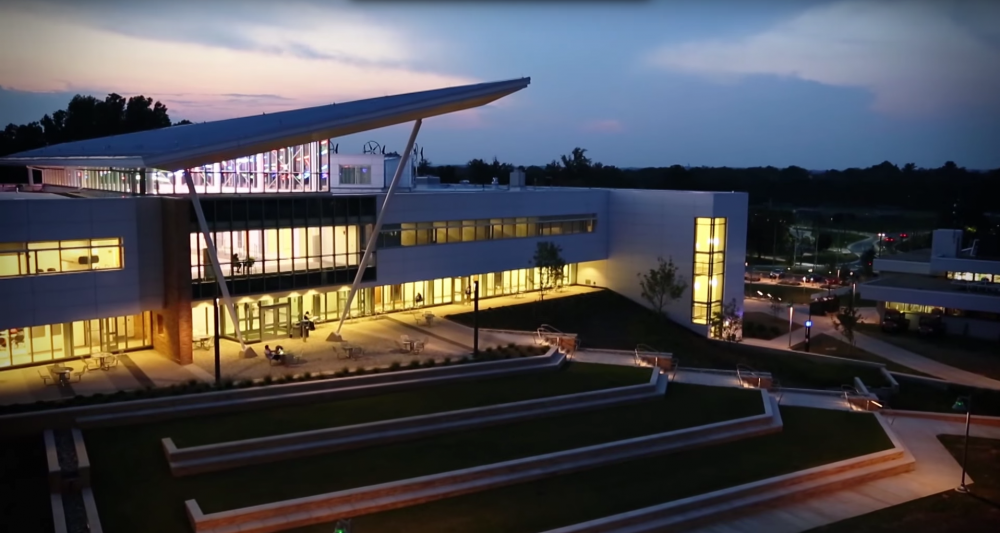Jan 31-Feb 2, 2024
Wed-Fri
Germantown, MD
The Bioscience Education Center
9:00am-5:00pm
1 Hour Lunch Break
This three-day workshop is ideal for any researcher, biologist, technician, or individual who wants to gain a solid foundation in the successful cultivation of mammalian cells.
 | Lecture and Hands-on Interactive Training |
 | Team taught by active researchers |
 | Thumbnail drive with Lectures and Workshop material |
 | Space limited to 18 participants |
 | Registration Fee: $995 |
-
" I thoroughly enjoyed this comprehensive and practical presentation of Flow Cytometry – Went back to my home lab and hit the ground running. Thanks for the top-quality training, Bio-Trac!"
Gwenn Merry
FDA NCTR DSB BAMB
FACS
-
" This was a great course. The instructors were very knowledgable & helpful. Without introducing any bias towards particular commercial vendors, the course managed to provide a well balanced flavor for what is out there in terms of options for flow machines and software. The hands on workshops were also very helpful with truly individualized supervision during the classes."
Shaon Sengupta
University of Pennsylvania
FACS
-
" Bio-Trac courses are the sure way for one to jump start on a technique’s knowledge and applications base directly from experts and practitioners in the field. They surely give you insights that are not available elsewhere but from years of experiences. knowledge doesn’t stop when a training ends but rather a beginning of one’s development."
Neil H Tan Gana
Ateneo de Manila University, Philippines
FACS
-
"As always, Bio-Trac not only met my expectations, but exceeded them! I will absolutely be taking more classes with BioTrac - their classes should be required for all graduates entering the field of science. Easy to understand & follow, yet the classes get to the core of the discussed principle."
Jennie Rowell PhD, RN
Assistant Professor, The Ohio State University
CRISPR
-
"Excellent workshop provided basic and correct gating strategy and respective controls for the specific experiments. Very helpful and whole team was very supportive and explained all my queries at length"
Deepa Walia
Johns Hopkins Medical Campus (ACCM)
FACS
Course Director
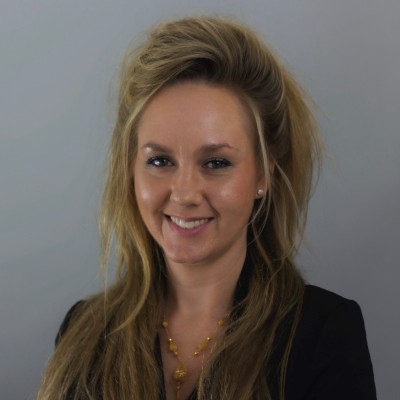
Dr. Heather Branscome
Senior Scientist, ATCC
Team taught by experts with years of tissue culture experience, this workshop will provide a comprehensive overview of the principles and techniques of mammalian cell culture as well as focused presentations relating to primary cell culture, stem cell culture, organoids and 3D cultures, cell line authentication and cellular reprogramming. The hands-on laboratory training, provided by a team of subject matter experts from the American Type Culture Collection, will focus on all aspects of cell culture including thawing, expansion, cryopreservation, and authentication.
- Heather Branscome, PhD
Heather Branscome is a Senior Scientist at ATCC. She has over 15 years of cross-functional laboratory experience and in her current role she is responsible for managing the Cell Biology Bioproduction and Preservation laboratories at ATCC. Throughout her career she has gained significant expertise in the areas of cell and molecular biology and has fulfilled various roles to support and lead new product development, process improvement, technology transfer, biomanufacturing & large scale processing, and quality control. Her primary research interests surround advanced purification of extracellular vesicles (EVs) and the functional analysis of stem cell EVs in various models of cellular repair. She earned both her Master of Science in Biology and her Ph.D. in Biosciences from George Mason University.
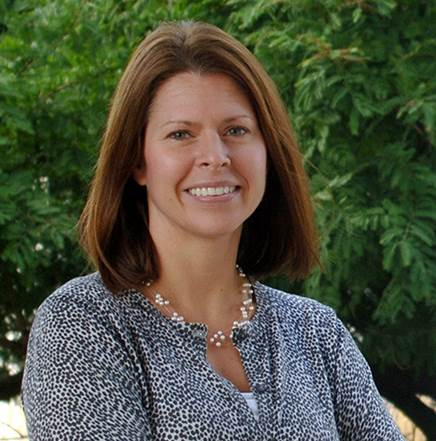 | Jamie Almeida Jamie Almeida has worked at the National Institute of Standards and Technology since 2004 in the Biosystems and Biomaterials Division focusing on the development and characterization of bioassays. Her contributions include the development of short tandem repeat (STR) genotyping assays for mouse cell lines and validation of these methods through the Mouse Cell Line Authentication Consortium. The development of a mouse allelic ladder reference material for accurate allele call determination is in progress. Jamie is also currently working on viral vector characterization for Adenovirus Serotype 5 in collaboration with ATCC for release of a new reference material. |
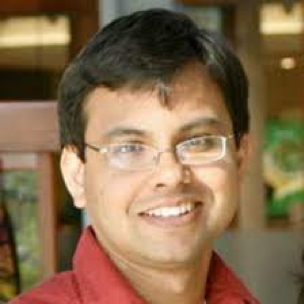 | Nilay Chakraborty, PhD Dr. Nilay Chakraborty is the BioNexus Foundation Principal Scientist in Cryobiology at ATCC. He is an expert in the area of preservation sciences. An engineer by training, Dr. Chakraborty received his PhD from University of North Carolina. He developed several innovative technologies in biopreservation and stabilization during his tenure at Center for Engineering in Medicine in Harvard Medical School, Harvard-MIT Health Science Technology and Shriners Burns Hospital. Prior to joining ATCC, Dr. Chakraborty was an Associate Professor with tenure at University of Michigan and acted as a Provost Fellow as well as the Chair of the Research Committee for College of Engineering at University of Michigan. He has designed and developed several programs at the University of Michigan that focused on success of first-generation college students in Michigan. Dr. Chakraborty served as a PI in multiple Federal Research Grants and served as a reviewer for Federal Scientific bodies including NSF and NIH. He has several patents and has actively worked on technology translation area in Bioengineering by creating two successful startup businesses. At ATCC Dr. Chakraborty is developing a core group centered around advancing ATCC’s core competencies in preservation sciences. The group focuses on development of novel preservation capabilities for ATCC. |
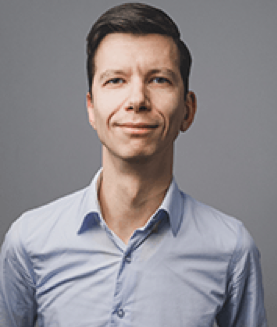 | James Clinton James Clinton is a Lead Scientist and group leader with a focus on primary cells and advanced, physiologically relevant culture systems using novel technologies. His Advanced Cell Models team works on the development and commercialization of in vitro models utilizing primary and induced pluripotent stem cells, as well as exploring emerging culture techniques such as 3D organoids and co-culture approaches. Dr. Clinton is principal investigator for ATCC’s collaboration with the National Cancer Institute to support the Human Cancer Models Initiative, an international consortium with a goal of creating 1,000 novel patient derived next-generation cancer models. This effort has so far brought over 170 organoids, neurospheres, conditionally re-programmed cells, and other advanced models from rare and pediatric cancers to the research community. Previously Dr. Clinton worked at University of California, San Diego and the La Jolla Institute for Molecular Medicine. Dr. Clinton attended Washington State University and University of California, San Diego where he studied Neuroscience. |
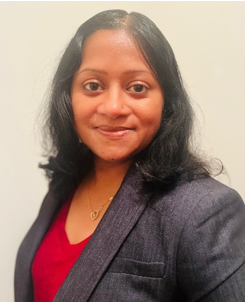 | Shaonli Das Shaonli Das is a Senior Scientist working with Invitro R&D team, Contract Testing Services, MilliporeSigma, a business of Merck KGaA, Darmstadt, Germany. In her current role, Shaonli is leading a team of Assoc. Scientist and Scientist in GMP manufacturing of virus (from concept to production), assay development for gene therapy product testing and collaborate with cross-functional teams at various capacity. Previously, Shaonli worked with Lonza Houston, TX (a viral and cell therapy manufacturer) in a client-facing position. In that role, she led and supported in-process testing, and assay qualification for client-specific gene therapy product. Shaonli has earned her Ph.D. in Allergy and Clinical Immunology from Calcutta University, India, and had her postdoctoral training in cell biology, virology, and Transgenic Animal Model development at University of Alabama (UAB) School of Medicine, Birmingham, AL. She has 4+ years’ experience in Cell and Gene Therapy industry. |
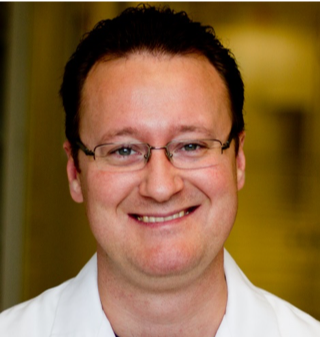 | John Foulke, MS John Foulke is a Lead Biologist in the Immuno-Oncology group in the R&D department at ATCC. John joined the ATCC cell biology R&D group in 2008, and he has led many projects centered on the development of novel cell lines and cell-based reporter systems to support the cancer research community. His work is mainly focused on developing innovative cell models for research and drug discovery in the immuno-oncology field. |
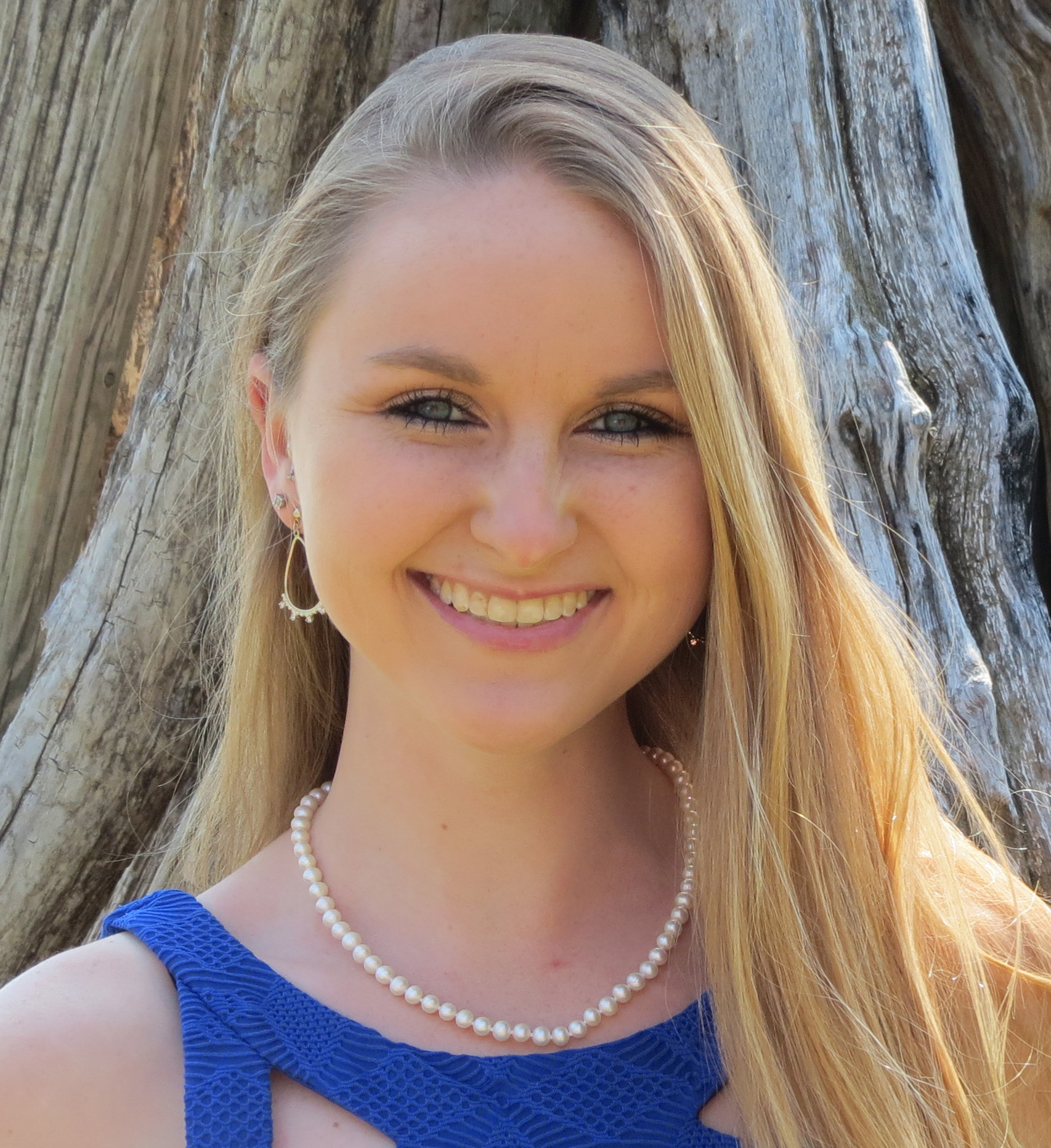 | Jessica Hindle, MS Jessica Hindle attended Virginia Commonwealth University (VCU) where she received her Bachelor's in Biology with a Chemistry minor. She continued her studies by attending Eastern Mennonite University (EMU) where she received her Master’s in Biomedical Sciences. Jessica has worked with American Type Culture Collection (ATCC) as a Biologist in the Cell BioProduction department and has two years of experience expanding various cell types, including: primary, cancer, and immortalized (hTERT) cell lines. She has shown proper cell culture technique that shows dedication, care, and proficiency amongst her work and shares her knowledge with others by training new hires who join ATCC and across the cGMP department. |
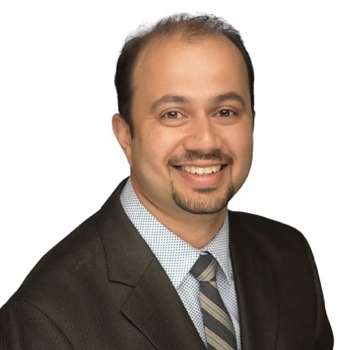 | Sujoy Lahiri, PhD Sujoy Lahiri is a Cell Biologist and Biochemist with 18+ years of research experience. He has expertise in Hepatic Biology, 3D Multicellular Modeling, Human and Animal Research, ADME/Tox studies, and Metabolic Research as well as expertise in Hepatic and other Primary Cell isolations from Human and Animal tissues. He has strong scientific credentials in product design and development and has launched 3D-qualified cellular models and primary cells as cataloged products. He is currently the R&D Lead of Primary Cells at ATCC and his focus is on advanced cellular modeling for toxicology and disease research |
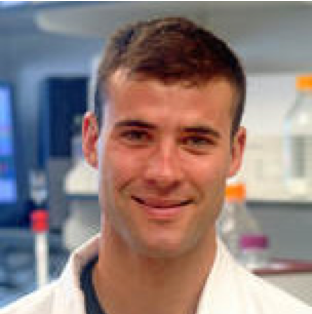 | Paul Lovell, PhD Paul Lovell is an Associate Scientist and joined ATCC in 2022. He obtained his bachelor’s of science degree in biotechnology from Syracuse University in 2017 and his doctoral degree in 2022 from the University of Nebraska Medical Center in Omaha focused in pharmaceutical sciences. At ATCC, he is working within the Cell Biology group on the Content and Accessioning team. |
 | Carolina Lucchesi, PhD Carolina Lucchesi is BioNexus Foundation Principal Scientist leading the Microphysiological Systems program at ATCC. Dr. Lucchesi received her Ph.D. in Cellular and Molecular Biology from the University of Campinas in Brazil and has over 20 years of experience in Tissue Engineering and Organ-on-Chip technology. She was a key scientist in the development of Emulate’s core organ-on-chip technology at the Harvard Wyss Institute and part of the founding technical team. She is an accomplished biological scientist and engineer with experience both individually and leading teams in the use and development of MPS. She has generated several patents and worked side-by-side with pharmaceutical companies, formulating, and executing strategies to investigate small molecules’ drug absorption, metabolism, oral bioavailability, drug-drug interaction, safety, and efficacy. In her current role, Dr. Lucchesi leads the MPS program bringing new capabilities in the use of advanced 3D models and developing existing and new content to be applied in state-of-art technologies. |
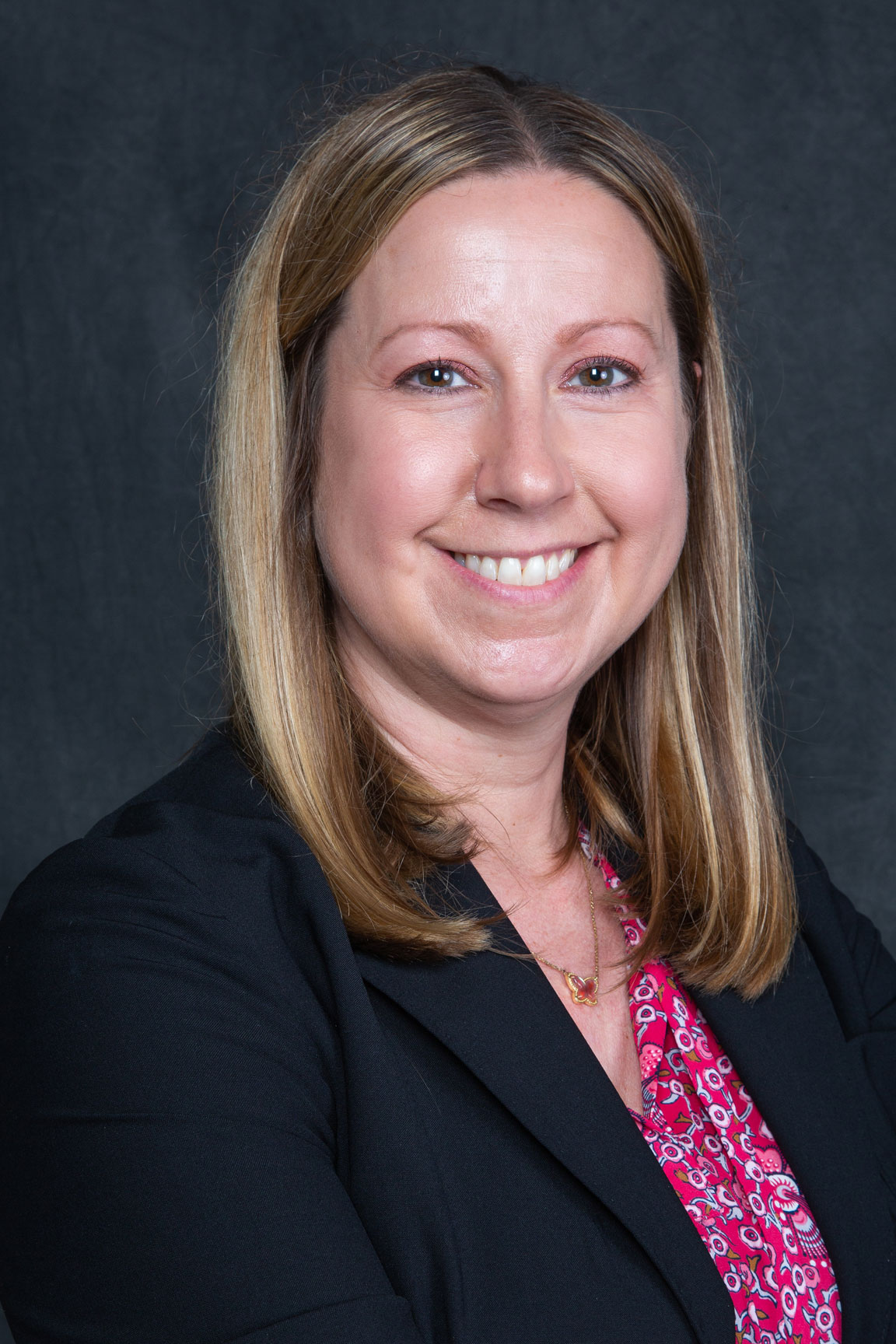 | Becky Steffen, M.S. (NIST) Becky Steffen has worked for the Applied Genetics Group at NIST for 18 years as a Research Biologist, mainly focusing on short tandem repeat (STR) multiplex development, the characterization of additional miniSTR loci, low template DNA analysis, concordance evaluations with new commercial STR kits and capillary electrophoresis (CE) instruments, human cell line authentication, next generation sequencing (NGS), and Standard Reference Material (SRM) development. Ms. Steffen received her BA at The University of Virginia in Biology and MS at George Mason University in Molecular Biology. |
- Introduction to Cell Culture/Aseptic Technique
- Constituents of Tissue Culture (Media, Serum, etc.)
- Principles and Considerations for Setting up a Tissue Culture Lab
- Cell Line Authentication
- Authentication of Non-Human Cell Lines. Isozymes, COI Multiplex Assay; SNPs, and STRs
- Best practices in Cryopreservation of Mammalian Cells
- Primary Cell Isolation and Culture
- Organoids and 3D Cell Culture
- Cellular Reprogramming/Genetic Engineering of Cell Lines
- Aseptic Technique Demonstration
- Media/Reagent Preparation
- Thawing/counting/seeding Adherent Cell Line
- Thawing/counting/seeding Suspension Cell Line
-
Observation and Reseeding of Suspension Cell Line
-
Observation and Passaging of Adherent Cell Line
-
Doubling Time and PDL Calculations
-
Set up Luciferase Reporter Cell-based Assay
-
Harvesting of Pre-plated Cells
-
Preparation of Cryopreservation Medium
-
Cryopreservation of Cells
-
Finish Luciferase Reporter Assay

